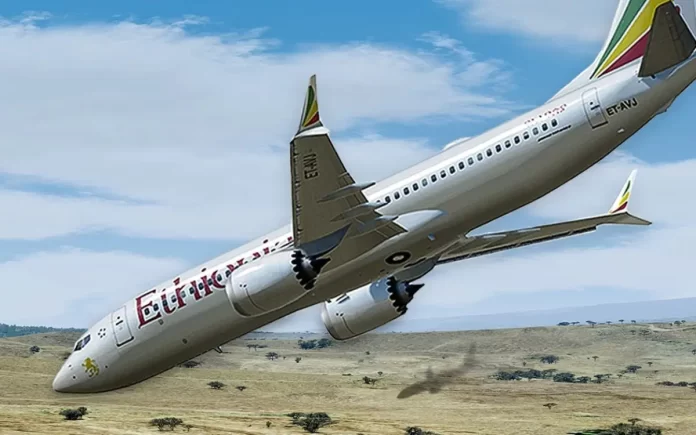Washington, D.C. — Boeing has agreed to plead guilty to fraud in connection with the two fatal 737 MAX crashes, according to a court filing submitted on Wednesday. This plea deal comes as the U.S. Department of Justice (DOJ) determined that Boeing had breached a previous settlement related to the crashes, which resulted in the deaths of 346 people in Ethiopia and Indonesia over five years ago.
Under the terms of the new agreement, Boeing will pay an additional $243.6 million, matching a prior fine of the same amount. This settlement is pending approval by a federal court judge.
“We will continue to work transparently with our regulators as we take significant actions across Boeing to further strengthen our safety, quality, and compliance programs,” a Boeing spokesperson said in a statement confirming the court filing.
The plea deal follows a May DOJ finding that Boeing had failed to enhance its compliance and ethics program, thus violating a 2021 deferred prosecution agreement (DPA) established after the MAX crashes. The DOJ’s court documents reveal that Boeing had conspired to defraud U.S. air traffic safety regulators during the certification of the 737 MAX.
In April 2019, Boeing acknowledged that anti-stall flight software contributed to the crashes. The new plea deal includes a three-year “organizational probation” period, requiring Boeing to implement an independent monitor and invest at least $455 million in compliance, quality, and safety programs.
Families’ Objections
Families of the crash victims have expressed strong objections to the plea deal, arguing that it offers concessions to Boeing that would not be available to other criminal defendants. The agreement stipulates that Boeing’s board of directors must meet with the families of the victims from the 2018 and 2019 crashes. The families have indicated they will ask the court to reject the plea deal, citing concerns about the fairness of the agreement.
The original DPA, announced in January 2021, had required Boeing to pay $2.5 billion in fines and restitution in exchange for immunity from criminal prosecution. The probationary period set by this agreement was scheduled to end this year.
However, Boeing faced renewed scrutiny in January when a 737 MAX operated by Alaska Airlines made an emergency landing due to a fuselage panel failure mid-flight. This incident triggered fresh investigations by U.S. regulators and Congress into Boeing’s manufacturing and safety practices.
In a letter to the court overseeing the MAX case, DOJ officials stated that Boeing had failed to meet its obligations under the 2021 DPA by not adequately designing, implementing, and enforcing a compliance and ethics program to prevent and detect violations of U.S. fraud laws.



